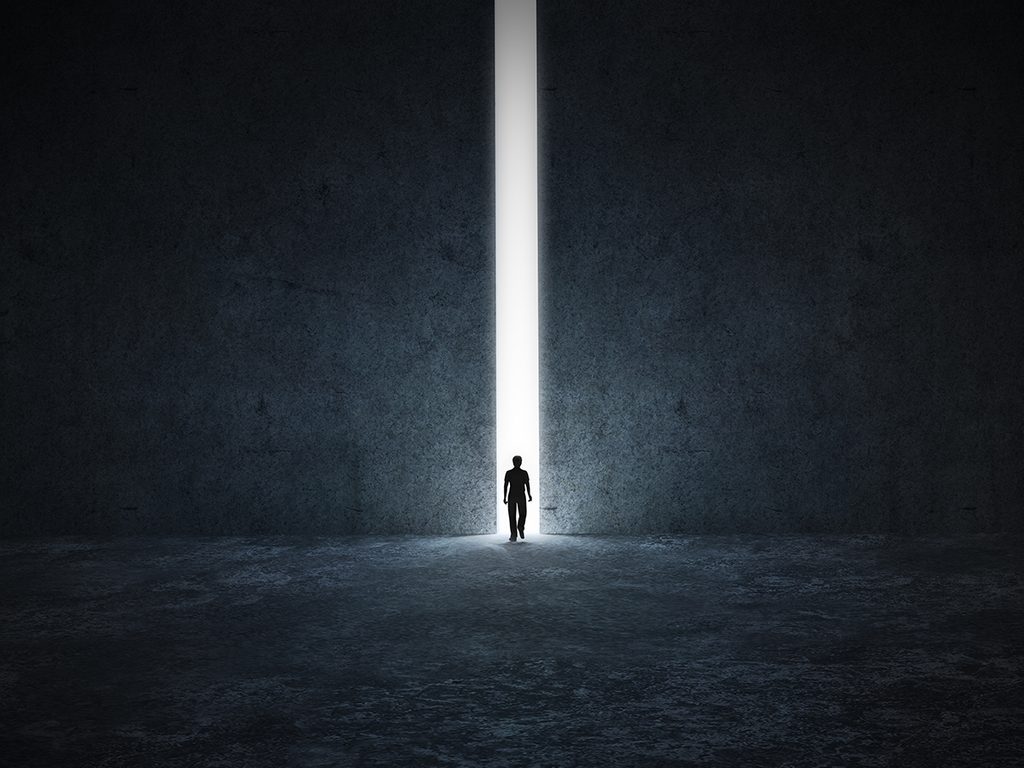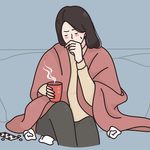‘The Pandemic Is Changing How We Die. I’ve Seen It Firsthand.’

A death doula shares how the pandemic is affecting people’s end-of-life.
The title “death doula” or “end-of-life doula” has become more well known in the last few years, but I’ve been doing this work for more than two decades. I’ve gone by different titles — including palliative home care aide and life coach — but the core tenants of my job remain the same: provide support, education and empowerment for clients nearing the end of their life.
No two people’s experience of end of life is the same, but the past few months have posed an extra challenge like no other. The Covid-19 pandemic has changed everything, including how we die. I’ve seen this firsthand.
I’ve always been comfortable around death and dying, partly because my family never sheltered me from it. I witnessed how people could die peacefully at home, and how things could get complicated when someone’s final wishes were up for debate. As a death doula, I help clients work through their fears surrounding death — to normalize these discussions and get people thinking and talking about what they want in the time they have left. I also ask the practical questions: Do they want to die in a hospice, a hospital, or at home? Do they have someone who will speak for them if they are no longer capable? Where is that documented?
(Related: How Isolation Affects Seniors Living at Home)
I ask these questions so that there is no guesswork. People call us end-of-life doulas, but my mantra every day is that I help people live. However, during the COVID-19 pandemic, that has become much more complicated.
It’s affected all of what we do. Bucket Wishes (since there may not be time for a full “Bucket List” we narrow the priorities to a few wishes) used to have the freedom to be ambitious, like taking one last family trip. Now, they’ve become much smaller. If they are separated from their loved ones, people can’t necessarily create the moments and memories they hoped to. They have to be creative.
People have also lost a certain amount of agency over what the end might look like. One of my clients, Ted*, wanted to die in a hospital so he could donate his organs. That was huge for him. Then Covid-19 hit, and just as he was nearing the end of his life, the organ donation program was put on hold. Ted ended up passing away at home, but that wasn’t his wish. Normally I help people come up with a plan A, a plan B — and now there needs to be a plan Covid-19. And that Covid-19 plan has to keep changing.
The questions I ask clients are now Covid-19 specific. We’re talking about realities like: If you enter into your final days, do you want to go to the hospital knowing that your family may not be able to visit? If there are restrictions on funerals, who do you want there? What happens if restrictions tighten?
(Related: 3 Tips to Help You Cope With Covid-19 Anxiety)
Before the pandemic, I would’ve had these conversations in-person, but now they are all over Zoom. I’m not much of a technology person, and I honestly didn’t think that it was possible to create the necessary intimacy over a computer screen, but I have been pleasantly surprised. Just being there and listening, making sure that I’m in a quiet, distraction-free space and present with each client can still achieve that closeness.
I’ve had clients say the virtual meetings are easier since they don’t have to get dressed or out of bed to see me, which, depending on their condition, can take a lot of effort. But, it’s still not ideal. During one conversation, my client said, “I wish you were here to hold my hand.” All I could tell her was that I wished that was possible too, and that I was still with her.
I also remind my clients to take care of themselves after these types of Zoom calls. I ask things like: When we hang up, what is one thing you’re going to do for yourself? I try to remind them that they’re not alone.
(Related: 7 Therapist Tips For Making Zoom Hangouts Better)
When Ted died, like many of his loved ones, I wasn’t able to go to his home or the vigil to say goodbye. We all want closure, and that extends to my doula relationships. I’ve had to find new ways to develop closure, and help my clients do the same, in the absence of being able to say goodbyes in-person. For me, that meant having a coffee with Ted’s wife and his children when the restrictions eased.
Doing this work requires double the amount of self-care, a strong sense of boundaries and a place to offload emotions. During Covid-19, doing online debriefs with the End of Life Doula Association, being able to speak to other people who are going through the same thing, has been so helpful. It’s like a support group.
At Douglas College in Coquitlam B.C., where I teach, I typically begin my class by asking: What brings you joy? Right now, during the pandemic, my answer is shutting everything off and stealing 20 minutes by myself. It’s a new need, in part because my job feels more emotionally exhausting right now. We’re holding so much grief — grieving the loss of normalcy and in many cases, of loved ones — and with the current and changing restrictions, I’m not able to meet all the needs of my clients.
A lot of people fear death because they don’t know what’s next. The pandemic adds to that unknowing — and it’s a fear that I’m not able to address. I worry that I’m not able to give my clients their gold star death, that they’ll have to make trade-offs. My job as an end-of-life doula is to empower my clients, to help them make choices for the end of their life. I’m doing the best I can, but this reality isn’t on anyone’s wish list.
*Last names withheld to protect privacy
Jennifer Mallmes is the director of the End of Life Doula Association of Canada.
Next: What I Learned Writing a Book About Someone Else’s Death




